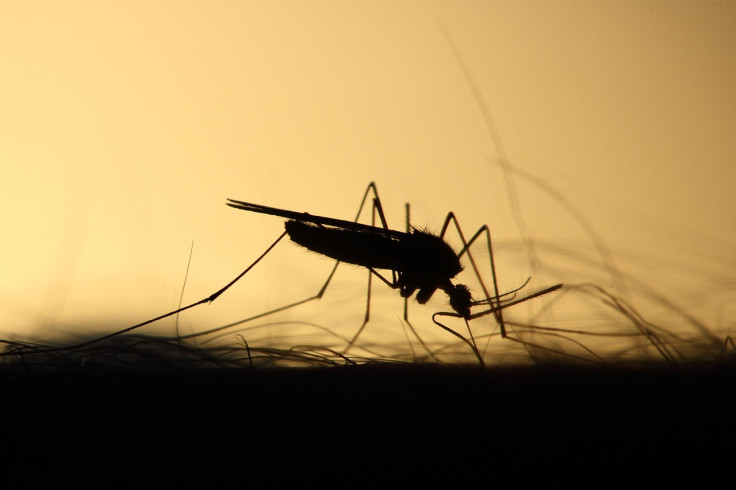'Imminent Threat' Declared In NY After Death From Mosquito-Borne Illness
'Mosquitoes, once a nuisance, are now a threat'

A public health threat has been declared in New York after a resident who was the first human case of eastern equine encephalitis (EEE) in the state since 2015 has died.
The case was confirmed on September 20 by the State Health Department and is being investigated by the Ulster County Department of Health.
"Keeping New Yorkers safe is my top priority," Governor Kathy Hochul said. "We extend our sympathies and our hearts go out to their family."
State Health Commissioner Dr. James McDonald issued a Declaration of an Imminent Threat to Public Health for EEE. The move clears the way for the state to provide more resources to local governments and mosquito spraying efforts until November 30, 2024.
New Yorkers are being urged to follow recommendations to reduce risk of mosquito-borne illness.
Mosquito repellent is being made available to park visitors at park offices, visitor centers and campground offices. Signs will be used to raise awareness of EEE.
Local health departments in affected areas could limit park hours and camping availability during hours of peak mosquito activity.
Additionally, DEC is posting signage at DEC facilities, campgrounds, popular Hudson Valley trailheads, environmental education centers, and other state lands to raise awareness about EEE.
"Eastern equine encephalitis is different this year. While we normally see these mosquitoes in two to three counties each year, this year they have been in 15 counties so far, and scattered all over New York State," said State Health Commissioner Dr. James McDonald. "This life-threatening mosquito-borne disease has no commercially available human vaccine and must be taken seriously. Mosquitoes, once a nuisance, are now a threat."
The mosquitoes will remain a danger until overnight temperatures fall below freezing for several days.
Massachusetts, Vermont, New Jersey, Rhode Island, Wisconsin and New Hampshire have also reported human EEE cases this year. Eighteen cases of EEE have been in identified in horses across 12 counties in New York State this year.
Eastern equine encephalitis is a rare but severe viral disease spread by infected mosquitoes that can affect people and horses. People of all ages are susceptible to infection. People over 50 and younger than 15 are at a high risk of acquiring the virus.
While most people bitten by an infected mosquito will not develop symptoms, severe cases may begin with the sudden onset of headache, high fever, chills and vomiting. The illness may then progress into disorientation, seizures, encephalitis and coma.
About a third of patients who develop EEE die, while many patients who survive EEE experience neurologic impairment.
To reduce the risk of infection from EEE people are being urged to wear long sleeve and tuck pants into socks when outdoors at dusk or dawn, the time of day when mosquitoes are most active.
They are also being told to use insect repellents containing DEET.
State officials also want people to eliminate all standing water in yards and around the home and property where mosquitoes can breed, including plastic containers, pool covers, wading pools, ceramic pots, clogged drainpipes and wheelbarrows.
© Copyright IBTimes 2024. All rights reserved.





















